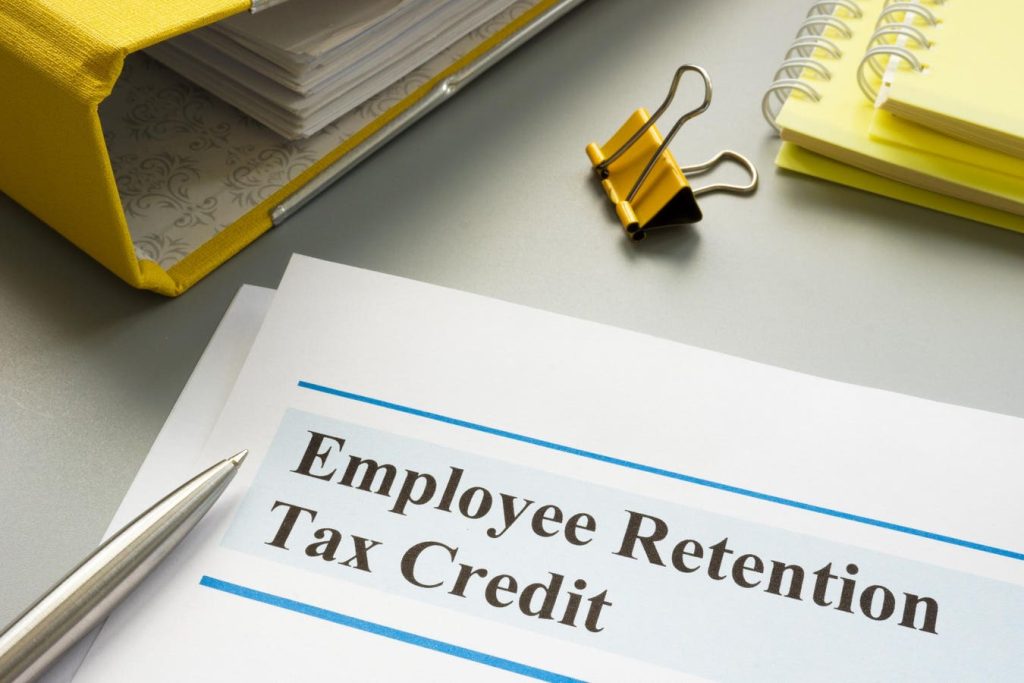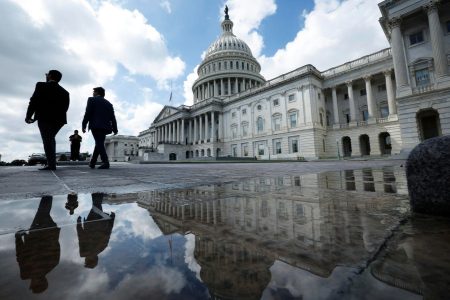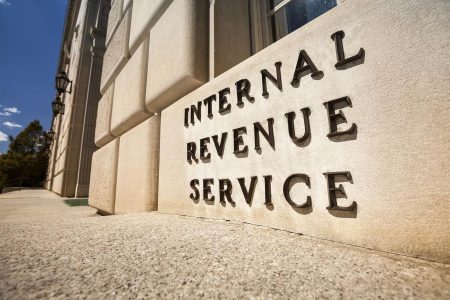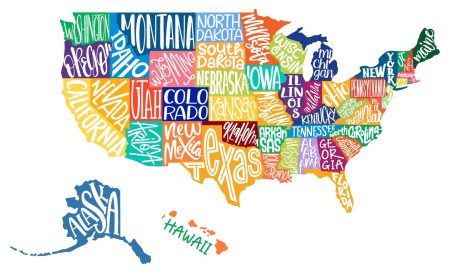In a recent news release, the IRS announced that it intends to deny “tens of thousands” of ERC refund claims while processing others “at a dramatically slower pace than . . . the pandemic period given the need for increased scrutiny.” In addition, the agency indicated that claims submitted after the moratorium will continue to gather dust as the IRS focuses its attention on processing older claims. Given this news, it is not surprising that some employers are now considering filing a lawsuit against the government to recover their ERC refunds.
But based on my discussions with some employers, there seems to be some misconceptions regarding their rights to a recovery of attorneys’ fees and other legal costs in the event they win or settle with the government after they file suit. Yes, section 7430 of the Code authorizes a court to award attorneys’ fees and other litigation costs if the litigation is “in connection with the determination, collection, or refund of any tax, interest, or penalty.” However, section 7430 awards are not mandatory and will require employers to meet certain eligibility requirements. In addition, awards of attorneys’ fees under section 7430 are often limited by statute to a relatively low hourly rate, at least compared to current market rates.
[Note: Section 7430 also authorizes an award of certain administrative costs. This article focuses solely on awards of litigation costs, i.e., those incurred in filing a lawsuit.]
Section 7430
As mentioned above, section 7430 allows a court to award attorneys’ fees and other litigation costs incurred in connection with a refund suit against the United States. ERC refund claims would fall under this statutory language.
To qualify for a recovery of such fees under section 7430, employers must meet certain requirements. Relevant to ERC refund claims, employers must show that they: (i) were a prevailing party in the litigation, and (ii) properly exhausted all of their administrative rights prior to filing a lawsuit.
Prevailing Party
Taxpayers are “prevailing parties” under section 7430 if they meet three requirements. First, they must substantially prevail on the amount in controversy or the most significant issues in dispute. Second, taxpayers must meet certain net worth requirements. Third, they must rebut any contention by the government that its position was substantially justified.
Under the first prong, employers must show that they substantially prevailed on the amount in controversy or the most significant issues in dispute. For most ERC refund cases, this will require the employer to show that it substantially prevailed in recovering the amount of the ERC refund claim. Compare Keeter v. U.S., 98-2 USTC 85,584 (E.D. Cal. 1998) (taxpayer substantially prevailed with respect to amount in controversy when he recovered 55% of the claimed refund) with Ralston Dev. Corp. v. U.S., 937 F.2d 510 (10th Cir. 1991) (taxpayer did not substantially prevail with respect to amount in controversy when it recovered 19% of the claimed refund). If the employer fails to substantially prevail in recovering the amount in dispute, it may nevertheless recover fees if it substantially prevails on the most significant issues (although in many ERC refund cases, the amount in controversy and the issues in dispute will be the same or substantially similar).
If the employer substantially prevails, it must also meet a net worth requirement, which varies based on the identity of the employer. For example, employers that are partnerships or corporations meet the net worth requirement if their net worth does not exceed $7 million. In addition, these employers must have not more than 500 employees. These determinations are made as of the date the employer files suit.
If an employer meets the two requirements above, the burden shifts to the government to show that its position was substantially justified. In other words, the government must show that it had a reasonable basis in both fact and law in denying the ERC refund claim. For litigation cases, the government’s position is usually analyzed as of the date it files its Answer.
In some cases, it may be easy for an employer to show the government’s position was not substantially justified. For example, employers that rely on the gross receipts test—which is computational—may have an easier time convincing a court that the government’s position was not substantially justified at the time it filed its Answer, particularly if the facts and law are laid out well in the Complaint.
Exhaustion Requirement
In addition to the prevailing party requirement, an employer must also show that it properly exhausted all of its administrative remedies prior to filing a lawsuit. For ERC refund claims, this means that employers must show that they exercised any available rights to an IRS Appeals conference prior to filing suit. During this conference, the employer must also make sure that they provide IRS Appeals with any relevant information that supports the ERC refund claim.
Employers who have pending ERC claims for at least six months and no response from the IRS also have options here. Federal courts have recognized that taxpayers satisfy the exhaustion requirement if the IRS fails to process or respond to the refund claim within this six-month period. See, e.g., New Hope Servs., Inc. v. U.S., 285 F.3d 568 (7th Cir. 2002); McConaughy v. U.S., 34 F.3d 1066 (4th Cir. 1994).
Limitation On Attorneys’ Fees
Unfortunately, employers that satisfy the above requirements likely will have only a partial victory. Under section 7430, an award of attorneys’ fees is limited by statute to a prescribed hourly rate. This rate, indexed for inflation, is currently $240 per hour for 2024, unless special factors apply (e.g., the difficulty of the issues presented, limited availability of qualified attorneys, etc.). See also Rev. Proc. 2023-34. Therefore, employers who hire attorneys with fees above $240 per hour will nevertheless have to come out of pocket for some of their fees, even if they succeed on a motion for fees under section 7430, unless they can meet an exception.
Conclusion
Although section 7430 authorizes an award of legal expenses associated with ERC refund litigation claims, employers who seek such expenses must ensure they meet all applicable requirements. Moreover, these employers must understand that any recovery of attorneys’ fees may be subject to statutorily prescribed hourly rate limitations, unless the employer convinces the court an exception applies.
Read the full article here









